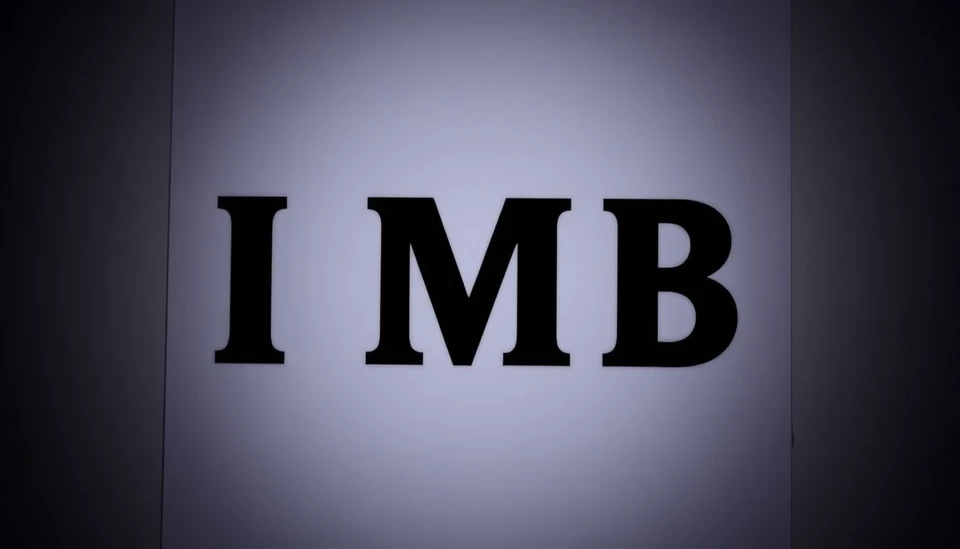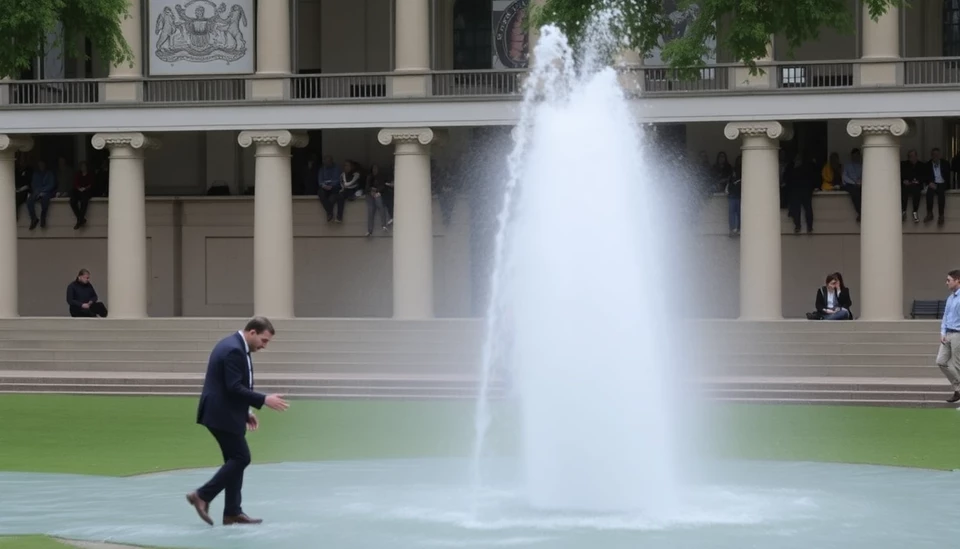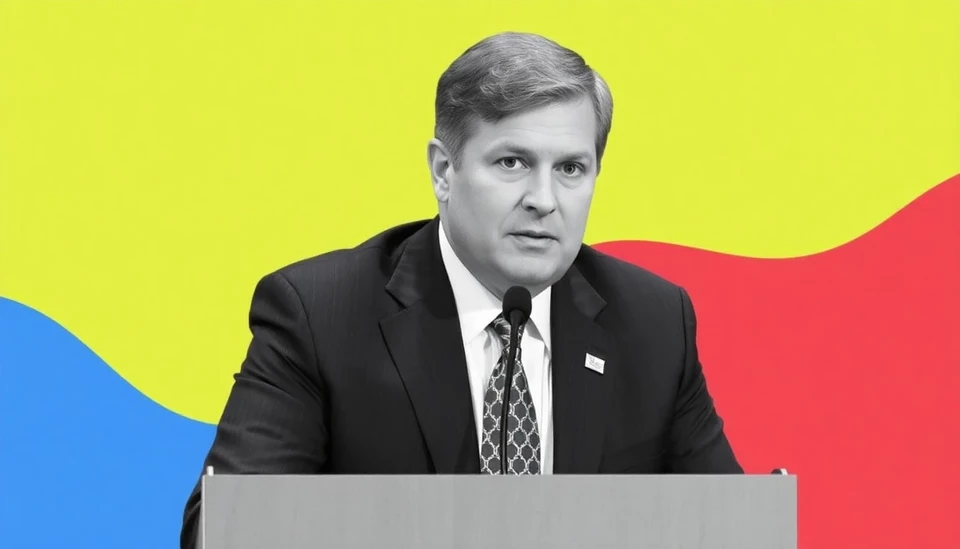
Argentina finds itself at a critical juncture in its quest for additional funding from the International Monetary Fund (IMF), as negotiations appear to be at a standstill due to the nation’s stringent currency controls. The government is seeking to secure further assistance to stabilize its economy, which is grappling with rampant inflation and dwindling foreign reserves. However, the existing regulations on the currency market have complicated the relationship with the IMF, leading to stalled discussions.
The nation’s economy has been in turmoil, characterized by an annual inflation rate that has surged to over 140%. Efforts to restore economic stability have been thwarted by a lack of confidence in the peso, leading to a rush among residents to convert their savings into more stable foreign currencies, primarily the US dollar. This behavior has put immense pressure on the already fragile currency system and highlighted the limitations imposed by the government's controls.
As the Argentine government navigates this financial maze, the IMF has expressed concerns regarding the sustainability of the country's existing measures. Specifically, the Fund has pointed out that the current currency restrictions could inhibit the economic reforms necessary for future financial support. These controls, instituted to stem the devaluation of the peso, have included limits on dollar purchases, which have only intensified the black market for currency exchange.
Efforts by Argentine officials to present a framework that would realistically restore economic confidence have been met with skepticism from the IMF. The Fund is advocating for a more flexible exchange rate system as a pathway to attract investment and stabilize the economy. However, officials in Buenos Aires are hesitant to lift the controls that many view as essential to maintaining the purchasing power of the struggling population.
The looming negotiations come at a politically sensitive moment as Argentina prepares for general elections, further complicating the dialogue between the government and the IMF. Economic advisors underline the necessity for a comprehensive plan that balances immediate financial relief with long-term structural adjustments, suggesting that a failure to align on these issues could seal Argentina’s fate in yet another cycle of economic crisis.
In summary, Argentina's bid for renewed IMF support is mired in a complex web of currency regulations and an urgent need for economic reform. The country's leadership will need to weigh the political ramifications of loosening currency controls against the dire need for financial backing to avert a deeper economic crisis. Without significant progress in negotiations, Argentina risks deepening its economic plight as the government attempts to traverse these formidable challenges.
As the situation develops, all eyes will be on the actions taken by Argentinian officials in response to both national and international pressures, highlighting the intricate balance between governance and economic stability.
#Argentina #IMF #EconomicCrisis #CurrencyControls #Inflation #EconomicReform #Finance #FederalReserve
Author: Daniel Foster




